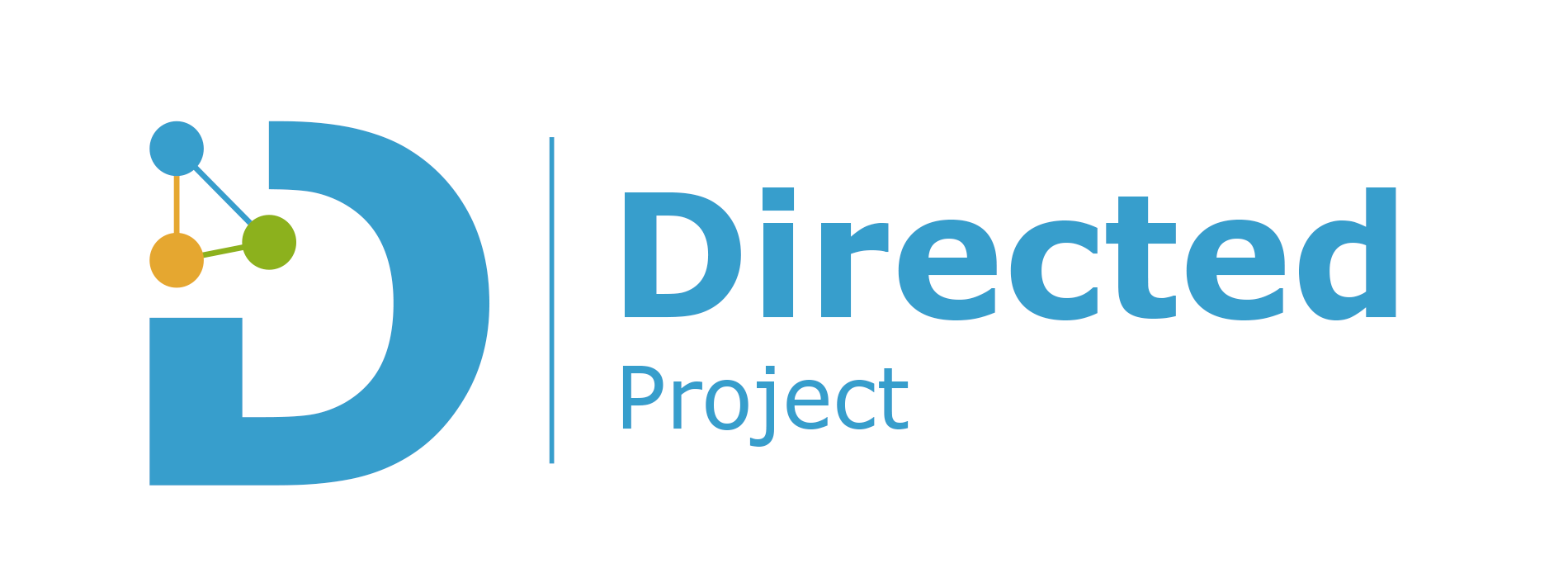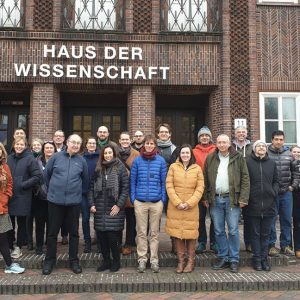
DIRECTED

- Title:
-
DIsaster Resilience for Extreme ClimaTe Events providing interoperable Data, models, communication and governance (DIRECTED)
- Start Date:
-
01 October 2022
- End Date:
-
30 September 2026
- Funding Body:
-
HORIZON
- Coordinator:
-
Technical University of Braunschweig
- Research Partners:
-
Potsdam Institute for Climate Impact Research (PIK), Germany; Technical University of Denmark; GECOsistema, Italy; Institute for Advanced Sustainability Studies (IASS), Germany; Region Hovedstaden (Capital Region of Denmark); Regional Agency for Territorial Security and Civil Protection, Italy; Genillard & Co, Germany; International Institute for Applied Systems Analysis (IIASA), Austria; Erftverband, Germany; Zala Special Rescue Team (ZSRT), Hungary; Regional Agency for Prevention, Environment and Energy in Emilia-Romagna (ARPAE); GeoForschungsZentrum (GFZ) Potsdam, Germany; 52°North – Spatial Information Research, Germany; Stockholm Environment Institute (SEI) Oxford Office, UK; Oasis Hub Limited, UK; and Eidgenoessische Technische Hochschule (ETH) Zurich, Switzerland.
- Principal Investigators:
- Research Area:
-
Coastal and Marine Systems & Climate Change Adaptation
- Website:
Introduction
In July 2021, the low-pressure system Bernd broke several rainfall records and caused catastrophic flooding in several European countries, particularly in Germany and Belgium, with estimated losses exceeding EUR 10 billion and over 200 lives lost. Only a few weeks later, temperatures around the Mediterranean Sea rose above 40 degrees Celsius and forest fires devastated extended areas. In the North of the Greek island Euboea, already charred landscapes without trees and other vegetation to hold water and soils suffered unexpected extreme precipitation, triggering floods and landslides, causing severe damages to local settlements and infrastructures. In all three cases and many others, the impacts of recent extreme climate events on local communities have gone beyond what has been previously observed. Such events clearly illustrate critical need for new paradigms that integrate risk assessment, governance, communication and operational mechanisms for coping with extreme climate events throughout the entire Disaster Risk Management (DRM) cycle, i.e. from early warning systems (EWS) to long-term climate change adaptation (CCA) strategies. This particularly pertains to interoperability in terms of data availability, information sharing, deploying risk models, as well as coordination and communication between the many different actors.
Aim
DIRECTED aims to foster disaster-resilient European societies through interoperable data, models, communication and governance by:
- expanding capabilities to communicate, utilize and exchange state-of-the-art data, information and knowledge between the different actors in the Disaster Risk Management (DRM) cycle,
- boosting the integration, accessibility and interoperability of data, models and tools supporting Climate Change Adaptation (CCA) and DRM: from early warning systems through communication and climate change risk assessment tools, and
- facilitating knowledge sharing, improved dialogue and cooperation encompassing actors at all governance levels based on enhanced community engagement and development of new governance and risk management strategies using a bottom-up, value-driven co-development approach and multi-criteria decision making.
Work Packages
Real World Labs (WP1) create a collaborative environment for learning and innovation and will promote multi-level risk governance among actors in the DRM and CCA cycle through demonstration and training. The four Real World Labs across different European regions are: Copenhagen and the Capital Region in Denmark; Emilia Romagna Region in Italy; Danube Region; and Rhine-Erft Region in Germany. Each RWL represents different climate change hotspots and multiple risks.
Data and model interoperability (WP2) will be advanced by stocktaking standards, gaps and requirements to exchange information between different phases of the DRM cycle, across hazards and integrating quantitative and qualitative indicators. Existing tools will be made more interoperable by improving the data integration capacities and the combination of the outputs in a meaningful way to provide extended functionality for decision support.
Governance (WP3) will be enhanced by developing and testing an integrated risk governance framework for DRR and CCA (RISK-TANDEM) that builds upon existing approaches, including the International Risk Governance Council’s Risk Governance Framework, the Tandem framework and the SHEILD model. The approach will support integrated DRR and CCA decision-making and identify tailored governance mechanisms to guide and sustain knowledge exchange and co-ownership in the Real World Labs.
The knowledge co-production (WP4) Tandem cycle will be iteratively applied within the Real World Labs to develop transformative tools, governance mechanisms, and data fabric using a bottom-up, value-driven co-development approach, which can be further refined to enhance information interoperability based on lessons generated through the applications.
A data fabric (WP5) will be developed as a reference architecture for the data infrastructure, services and capabilities required to achieve DIRECTED’s vision of interoperability for DRR and CCA. This will involve configuring an operational prototype of the data fabric, capable of spanning the data landscapes (data production & consumption) for each Real World Lab participant, and establishing source data connections, and workflow configurations required to demonstrate the use cases.
Communication, dissemination, exploitation and impact (WP6) will be achieved by expanding capabilities to communicate, utilize and exchange state-of-the-art data, information and knowledge between actors, facilitating enhanced community engagement and developing routes to market scaling via business plan development for the public and private sector. A ‘Training of Trainers’ program and e-learning portal will be co-designed and co-developed to perpetuate learning and knowledge exchange around responses to multi-hazard risk and climate change adaptation.
Project management and coordination (WP6) will ensure successful, effective and efficient management of the project, communication between partners, with the European Commission and the External Innovation Advisory Board, manage the work plan and deliverables, while ensuring sustainability and legacy beyond the project lifetime.
Team members within School of Law, UCC
The Centre for Criminal Justice and Human Rights (CCJHR) at the UCC School of Law seeks to promote cutting-edge interdisciplinary research, innovative programmes of legal education and training, and strategic partnerships with the Government, statutory bodies, and civil society organisations worldwide. The CCJHR Disaster Research Cluster is at the forefront of academic and practitioner debates on the ongoing development of Disaster Law and its influence on Disaster Risk Reduction (DRR) and Climate Change Adaptation (CCA).
Dr Dug Cubie, the Centre for Criminal Justice and Human Rights Director, Programme Director of the LLM in International Human Rights Law & Public Policy in the School of Law, and a Principal Investigator affiliated with the UCC Environmental Research Institute (ERI) is part of the DIRECTED project team at UCC.
Contact
Lydia Cumiskey – Email: ei.ccu@yeksimucl
Photo Gallery







